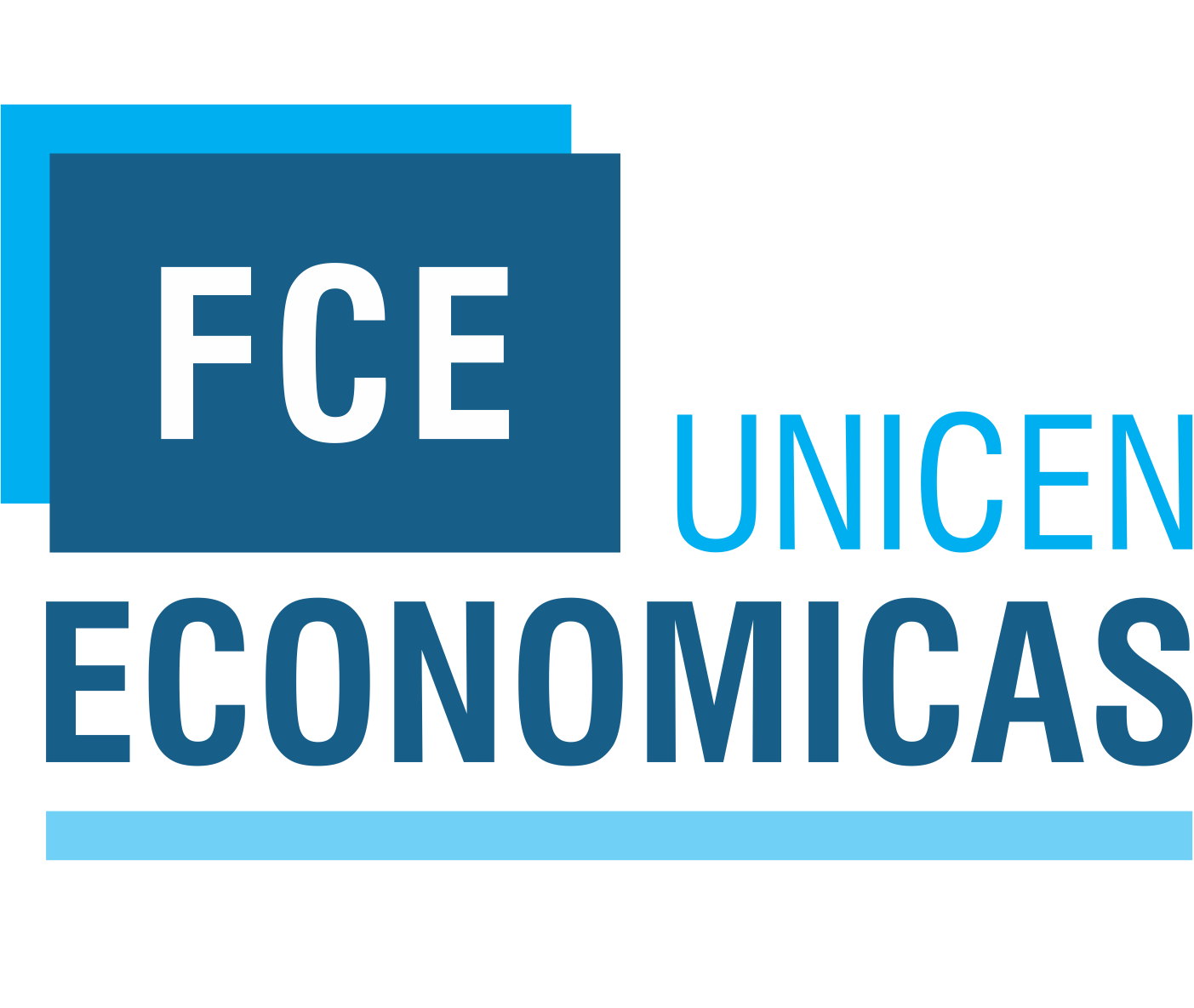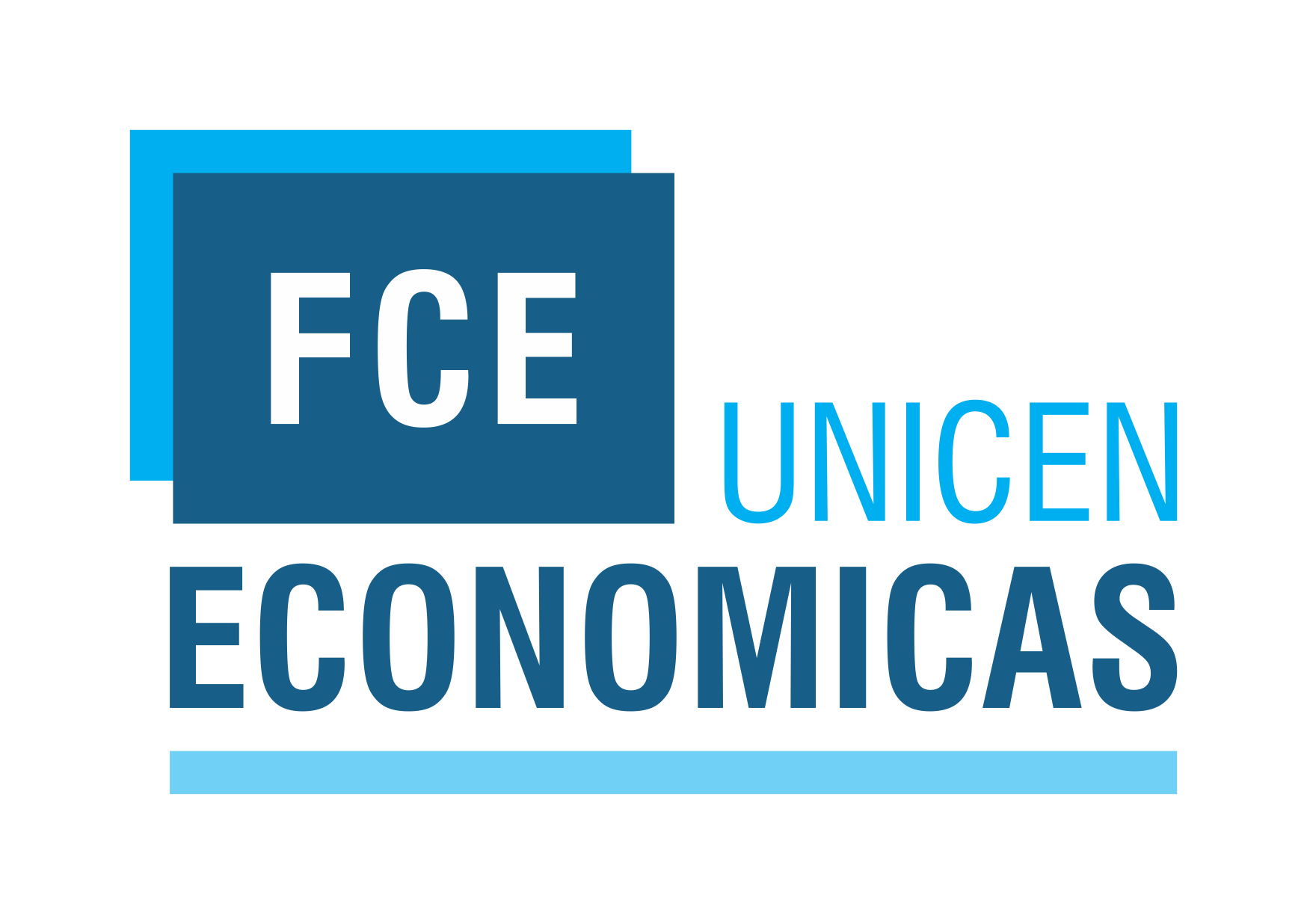POLITICAL AREA
Introduction to social and health policies
Methodology of formulation and evaluation of social policies and programs
The health System (Seminar)
Principles and components of the health system. The Financing of the system and the market. Historical evaluation of the health system. Reform proposal of the health system.
Lecture Hours: 10 hs.
Health System compared (Seminar)
Role of the State in the health systems. The models of care and health system attributes. The financing, health spending and the financial resources. User role, selection of the provider, community participation in health. Centralization, regionalization, decentralization. Human resources at different levels of care.
Lecture Hours: 10 hs.
ECONOMIC AREA
Health Economics
The current state of the health economics, new instruments and fields of application in evaluation of health projects. Morphology markets services and supplies health care , performance and results. Evolution of the Medical Social Security and its relationship to the development of the supply of private services in Argentina. The demand and supply of health care, comparative case studies, changes in the markets and emerging reforms.
Lecture Hours: 32 hs.
Quality management and health costs
Application phases of a quality program. Tools quality assessment and the different phases of healthcare. Existing systems of accreditation and applicable to a hospital. Operation of an accreditation program: accreditation bodies , accreditation standards , accreditation process and its benefits. Costs of quality and no-quality.
Lecture Hours: 24 hs.
Socio - economic environment of health systems (seminar)
Limitations of the market economy. Market failures. The effects of information asymmetries. “Baumol” effect on the increase of the costs of diseases that caused distortion in the assignation of the budget in different economic sectors. Changing the health status and the burden of loco-regional disease. Use of socio-demographic factors in the region: strategic analysis to address/solve increasing dependence biomedical safety, given the current social setting. The need to maintain and / or increase the productive regional level within a framework of social security with the usual increase in population and the desired cultural development.
Lecture Hours: 10 hs.
METHODOLOGY AREA
Epidemiology
The epidemiological method. Introduction to biostatistics. Methodological designs. Risk focus. Epidemiological information. Evaluation. Epidemiology and health services. Health policy goals.
Lecture Hours: 24 hs.
Statistics applied to health
Introduction to biostatistics and medical biostatistics. Descriptive statistics. Data presentation. Numerical summary measures. Taxes and standardization. Life tables. Inferential statistics. Probability and probability distribution. Confidence intervals. Hypothesis test. Inference on continuous data and proportions. Contingency tables. Correlation. Linear and logistic regression. Survival analysis.
Lecture Hours: 12 hs.
Information Systems
Information systems. Information and technology. Development of systems of information. Information systems in health organizations. The management of the informatic resources. Virtual networks on health.
Lecture Hours: 24 hs.
Medical Anthropology (seminar)
Culture and process of health/disease/care. The medicalization of life and collective representations on health. Political Economy of medical systems. Risk Society and pollution in the world.
Lecture Hours: 12 hs.
Research methodology applied to final work
Design and elaboration of the final work: Selection of the work proposal, Feasibility of the proposal; Importance of the proposal to reality; Appointment of a guardian or principal; Guidelines for the preparation of the proposed work. Guidance for the preparation of the final work: Procedure, Format; Delivery Work, Main aspects of the theoretical framework and research background and definition of objectives.
Lecture Hours: 24 hs.
MANAGEMENT AREA
Direction and management of health organizations
Organizational management. Complexity and systems. Models of organizational analysis. strategic variables keys Address: Strategic. Planning and Control Structure, Leadership, its relationship with the Power, Communication and Culture. Processes and tools for organizational change.
Lecture Hours: 24 hs.
Economic-Financial management
Accounting information systems. The entities and heritage. The output of the system. Its lecture. Economic, equity and financial information. Rational decision making. Analysis and interpretation of the information. Cost accounting. Costs for health management organizations. Public accounting. Theoretical and legal framework. Application cases.
Lecture Hours: 24 hs.
Human Resources Management
The management process of human resources. Recruitment and selection. Orientation. Training. Performance evaluation. Management remuneration. Career development. Foundations of individual behavior. Attitudes and laboral satisfaction. Personality and values. Perception and making decision individually. Foundations of the grupal behavior. Group formation. Roles. Composition. Size. Rules. Decision making. Effective teams. Management of internal relations. Development of internal communication. Conflict and negotiation. Direction and conduction. Leadership: basic focus. Ethics and confidence.
Lecture Hours: 24 hs.
Clinical Hospital Management
Introduction to management in clinical practice. Functions of the clinical management, Clinical management unit. Factors related to hospital efficiency. Unit of measurement of hospital product. Hospital organization. Managerial function. Medical function. Technical function types. Different work substations and logistics. Patient classification system. Basic characteristics. Management control. Use of days/bed. Monitoring the quality of care. Readmission analysis. Analysis of clinical decisions in medical practice. Correlation between budget assignments and results. Medicine based on evidence. Clinical practice guidelines. Prevention in clinical practice: Guidelines for preventive practices.
Lecture Hours: 24 hs.
Service Management (Seminar)
Marketing service. Health Marketing. Characteristics of the services. Basic services and peripheral services. Health services management. Services culture. Perception of quality indicators. Users satisfaction in health services. Ways of measuring the patients/users satisfaction. Health services structuring.
Lecture Hours: 10 hs.
Logistics Management (Seminar)
General services management. Introduction to integrated logistics. Functions of integrated logistics. Strategic assets in hospital services. Strategic plan. Functional plan. Basics of strategic plans. The new tendency in the logistics management: e-logistics: from e-sourcing to outsourcing. Just-in-time strategy. Logistics material. Stock management. Provisioning. valuation and stock rotation. Purchasing and inventory management. Demand projections. Independent demand. Dependent demand.
Lecture Hours: 10 hs.
Health and Labor Legislation (Seminar)
Budgets medical liability. Values, principles and rules. Exemption from responsibility. Damage prevention. Bioethics Committees. Basic health legislation. Documents and international declarations. OMS., OPS. y CIOMS. The medical enterprise. Professional responsibility in medical clinic, surgery, pediatrics, diagnostic imaging, obstetrics, infectious diseases (HIV) and research in humans. Labor law applied to health organizations. Conflict management, analysis of interests, incentives.
Lecture Hours: 10 hs.
Health technology assessment (seminar)
The evaluation process of the medical technology. Ethics aspects. Analysis and elaboration. Installed / operational technology park. Drug supplies. Prosthetics and orthotics. Other scientific-technical resources. Medicine based on evidence (MBE). International experiences. Pathologies: low incidence and high costs. Absence of " spatial planning ". Normalization and standardization of medical action to carefully evaluate the positive and negative effects before allowing its introduction:
- at the " macro " level, in the process of authorization and funding.
- at the "meso " level, to define services and service contracts.
- at the “micro” level, as guidance in the professional task given the variability of medical practice.
Lecture Hours: 10 hs.
PRACTICAL AREA
The health organization and the community
Modality: Practice in a health organization - Tutoring classroom for practical work tracking - Bibliographic discussion groups. Evaluation: Elaboration of practical work.
-
Module 1: Community Health
Social participation in health. Health systems and community participation. The role of health organizations in the community. Care models. Analysis of management models of participatory health organizations. Introduction of innovative elements of integration of the health organization with the community. The health institutions working with community organizations (governmental, non-governmental, community referents, etc) Programs with community participation. Patient and Public Involvement in Healthcare. National and international experiences. Study of a program of a health organization with community participation. (Cases study: ex. Models based on mental health community).
Lecture Hours: 10 horas.
-
Module 2: Promotion and Health Education
Health promotion. Concept, objectives, strategies. Health promotion in the different life stages and in specific health problems. (Agreed between teacher and student in order to correspond with practical work). Prevention. Concept. Prevention levels. Health education. Concept, objectives. Strategies of health education in specific areas. (Agreed between teacher and student in order to correspond with practical work). Social and health representations. Analysis of specific cases (Agreed between teacher and student in order to correspond with practical work).
Lecture Hours: 20 hs.
FINAL WORK
The students must pass all subjects and fulfill all the other requirements established in the Regulation, before submitting the final Specialization work. If this final work is passed, then students will get the Specialist degree in Accounting and Auditing This final work will be accompanied by the endorsement of the Director thereof and shall comply with the provisions of the Regulation. To the extent that your plan requires it , you may propose an external Director to the University. In this case, an internal co-director will be appointed. The final specialization work will address a practical and professional problem related to that proposed by the specialization course and , if possible , to the scope of work of the student. In such final work, the student will have to show the extent of their acquired knowledge and abilities, comprising the contributions of all subjects.
Lecture Hours: 20 hs.




